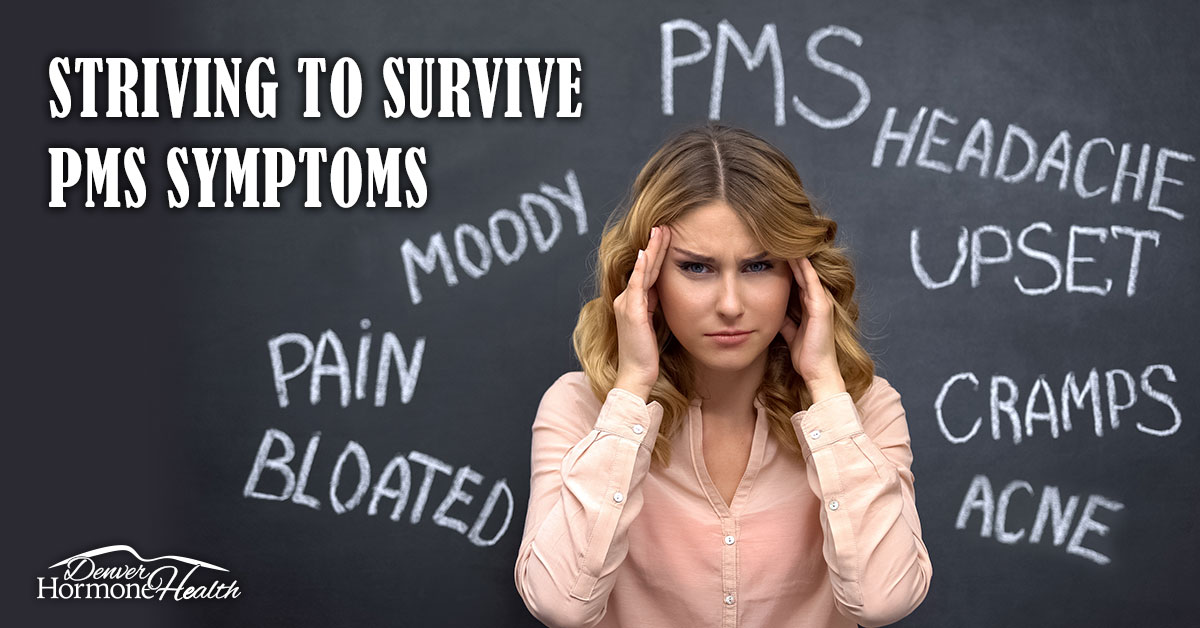MENOPAUSE; HOT AND EXTREMELY BOTHERED
WHAT YOUR MOTHER NEVER TOLD YOU ENOUGH ABOUT
That’s easy. Mostly everything. It’s like after everything they battled to go through it, they never wanted to relive it again. But then, most of us never asked, either. We were still dealing with our pad or tampon period issues. Maybe, the change of life didn’t change their lives so much. But then maybe they were living in an alternate universe. The Chinese call menopause “A Woman’s Second Spring”. Spring? More like summer hurricanes with blizzards with winter storm warnings.
MENOPAUSE, THE LONG ROAD THERE
There are actually three stages of menopause.
The first is perimenopause which lasts for several years before actual menopause. In the last year or two of this stage, a woman can begin to experience menopause symptoms. The second stage is menopause itself. This is when a woman has irregular periods, going longer stretches at a time without a menstrual cycle until she does not have a period for a 12-month time span.
The final stage is post-menopause. During this stage of menopause, symptoms decrease or stop altogether.
PMS ON STEROIDS
Your body is under siege.
You go from Mary Poppins to Cruella de Ville in less time than you can eat a pint of rocky road. You’re sure you’re getting early-onset dementia. There can be times you feel like a raving maniac for no reason. What fun, huh?
Oh, but there’s so much more. Hair loss or hair thinning. Or both. Difficulty falling asleep. Sadness, depression. Think we’re done? Migraines, joint aches, and pains, osteoporosis. And is your imagination, or are wrinkles taking up residence on your face? Does your vagina feel like it dried up? Has your libido left town? And ooooo…the hot flashes. Typically lasts two to four minutes, but seems like a year. They can occur once or twice a day, or as often as every hour. Enough to make you want to call 911.
No wonder your mothers didn’t want to relive it.
CAUGHT IN A HORMONAL TAILSPIN
There are some 50 different hormones happily flipping and flopping throughout your bloodstream. When they are out of balance, they can really muck things up. One of the big ones is estrogen, which is really 3 hormones called estradiol, estriol, and estrone. But we’ll just keep it at “estrogen” for our purposes. Estrogen imbalances are what make you wonder if you’ll ever make it to the other side. And on that side, the good side—something actually good about menopause? —there’s help. And it’s easy to get. But more on that in a moment. We’re on a learning curve here…
BHRT COULD BE JUST WHAT YOU NEED
Bioidentical hormone replacement therapy. Hormone replacement therapy? Nope. Heard too many bad things about it. Here’s where a little education could help. The hormone therapy you’re thinking about uses synthetic or fake hormones. Hormones synthesized in a lab and marketed by happy profit-seeking pharmaceutical companies. Your body doesn’t like them. And lets you know it.
Bioidentical hormones are what they sound like; identical. Scientifically, they are hormones derived from natural sources and have an exact structural match to the hormones produced by your own body. So the risk of side effects is minimal and the safety and efficacy of the treatment, optimal.
DENVER HORMONE HEALTH IS EXACTLY WHAT YOU NEED
Despite being a common issue, menopausal treatments are often limited. In fact, research has shown that the average doctor is ill-equipped to help modern women manage menopausal symptoms. The hormone experts at Denver Hormone Health are doctors who have had years of medical training and experience in the use of BHRT to help menopausal women be who they want to be. Not the estrogen-possessed woman who can burst into tears and implode in minutes.
Hormone Pellet Therapy is simple. Once tests tell your DHH doctor what your body needs, they are able to tell the exact dosage you need. No one-size-fits-all solution here. Hormone pellets as tiny as a grain of rice are painlessly inserted under the skin. This allows them to slowly release into the bloodstream, allowing your body to naturally absorb the hormones on a 24/7 basis. And pellets only need to be reinserted just 3-4 times a year.
At Denver Hormone Health, we’re here for you, however, you need us. And we’ll be there for you, monitoring your progress, making adjustments as needed. Stop thinking you have to sweat menopause alone and get real help. Call Denver Hormone Health for an appointment now.

